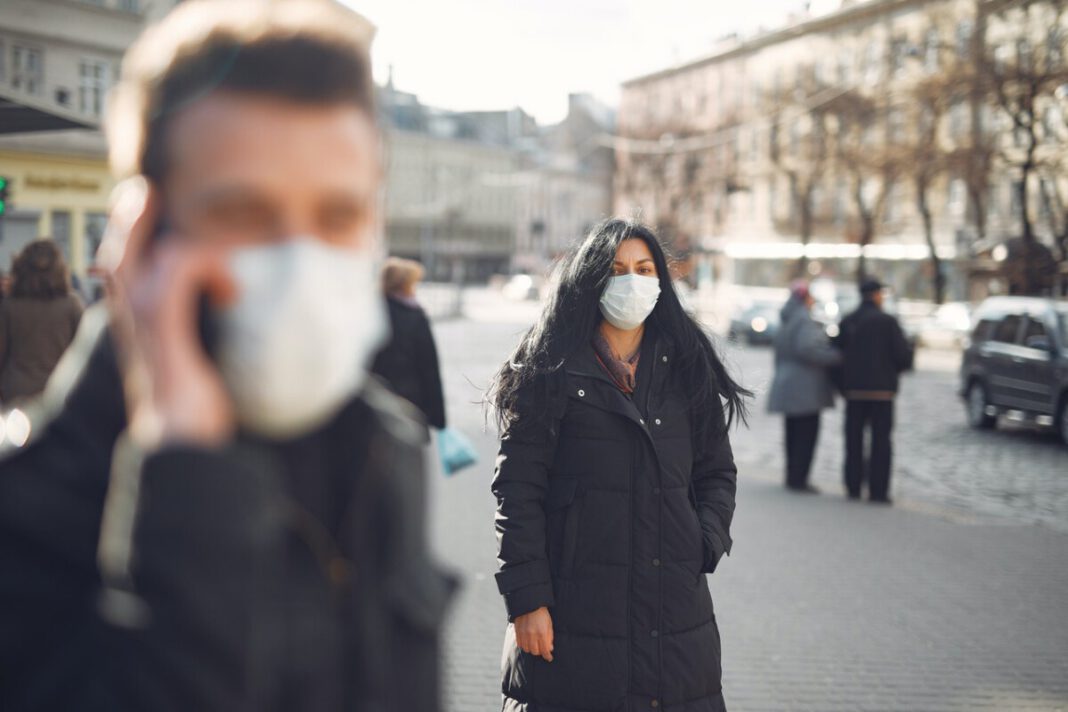The past few days have seen the Dutch government lean towards the easing of coronavirus restrictions — but some experts worry the Netherlands is moving too quickly.
On Sunday, it was decided that primary schools and childcare will reopen on February 8 and on Monday, we heard that curfew will be lifted on February 10 if numbers continue to fall. Yesterday, we also heard that the cabinet was considering reopening shops and restaurants for pick-up orders as soon as next week.
However, last night, a letter to the Lower House revealed that the British variant is estimated to be responsible for half of all the latest coronavirus infections in the Netherlands.
Epidemiologists believe it’s too early
Epidemiologists Patricia Bruijning, Alma Tostmann and Amrish Baidjoe have told the NOS that they believe it is too soon to begin easing restrictions in the Netherlands.
“I think it is still a bit early,” says pediatrician epidemiologist Patricia Bruijning of the UMC Utrecht. “With the current measures it is already complicated to get the R-number below 1, let alone if you are going to relax.”
Alma Tostmann of Radboud UMC believes that the government should wait another two weeks. “Then you lift it over the spring break and you can see how things are going,” she says.
What about primary schools and childcare?
Both Bruijning and Tostmann believe, however, that primary schools can be opened exclusively if stricter measures are in place. “This variant is more contagious for everyone, including children. But children of primary school age are still much less contagious than adults,” says Tostmann.
“Primary schools are now opening with a much more extensive package of measures than before,” says Bruijning. “The expectation is that we will be able to limit the spread in schools and that the effect of reopening on the R-number will remain limited.”
However, the third expert that the NOS spoke with, field epidemiologist and microbiologist Amrish Baidjoe, believes that even opening the schools is too much of a risk at the moment. “Without a plan on how to do it responsibly, the schools shouldn’t open. It happened in September and it’s happening again,” he says.
Social pressure
Baidjoe believes that the decision to reopen schools and begin easing other restrictions can be attributed to social pressure. “The fact that we are opening primary schools is not because things are going very well — although they are not going very badly — but because everyone feels the social pressure.”
He believes that in reopening schools, the cabinet feels it must relax other measures. “That [decision] should not be translated into: ‘if you open primary schools, other measures can also be relaxed.'”
Tostmann has a similar opinion, but understands the cabinet’s decision. “The best thing you can do to stop the virus from spreading is to lock everyone up and wait until we are all vaccinated, but that is of course not socially responsible. I therefore think that the cabinet is implementing these easing to comply with social pressure. As long as it is done responsibly, it is fair. ”
Do you believe the Dutch government is easing restrictions too quickly? Tell us your thoughts in the comments below!
Feature Image: Gustavo Fring/Pexels



The Dutch government has lost its rockers! Even schools are run by adults, who are human, and saved the community last time. They are expected to be the sacrificial lambs again. Without even a consideration of being prioritized for the vaccine.
I say vaccinate the teachers so they can go ahead and do their job, which will ease a lot of a pressure on the government because parents who are desperate to get their kids off their hands can stop breathing fire down the government’s neck. It’s a win win for all.
Teachers saving the community? By continuing to do their stated job?
Well if they rolled out the vaccination at a rate that demonstrated some sort of sense of urgency we could actually reopen some things.
Such a joke how the vaccines are being managed